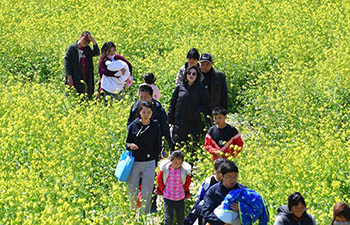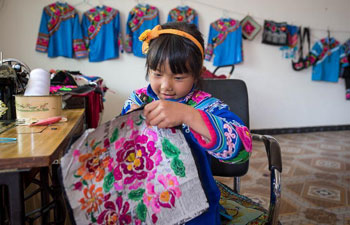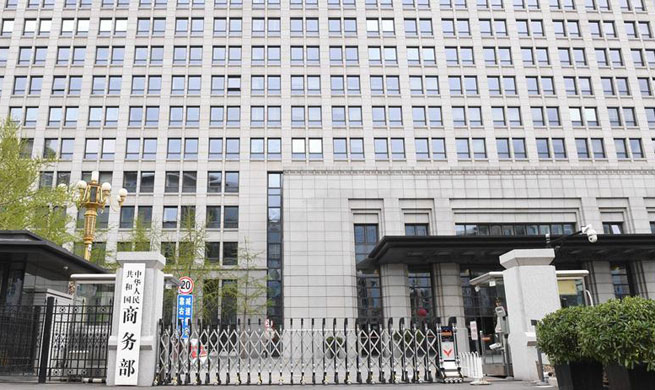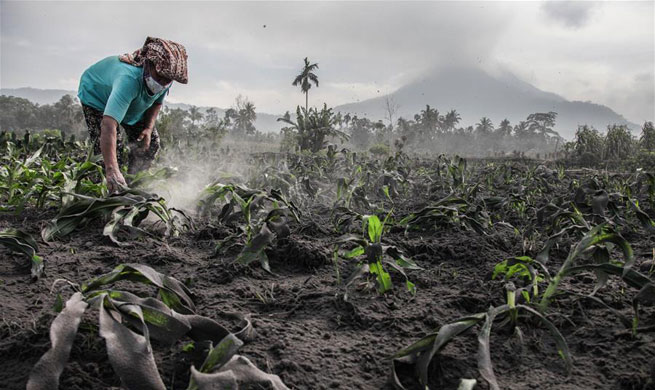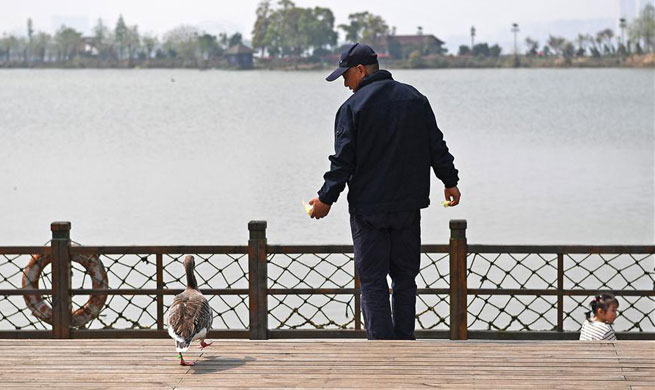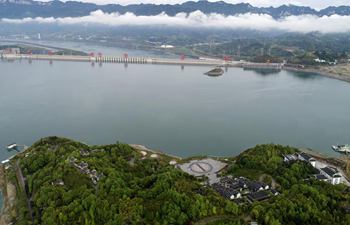GENEVA, April 7 (Xinhua) -- On the occasion of the 69th World Health Day, the World Health Organization (WHO) called on world leaders on Saturday to commit to concrete steps to advance universal health coverage (UHC), which ensures everyone everywhere can access essential quality health services without facing financial hardship by 2030.
This year, World Health Day is dedicated to one of WHO's founding principles: "The enjoyment of the highest attainable standard of health is one of the fundamental rights of every human being without distinction of race, religion, political belief, economic or social condition."
WHO statistics show that at least half the world's people today don't receive the essential health services they need.
About 100 million people are being pushed into extreme poverty of less than 1.90 U.S. dollars a day as a result of payments for health services, WHO figures revealed.
Over 800 million people, almost 12 percent of the world's population, spend at least 10 percent of their household budgets on health expenses for themselves, a sick child or other family member.
Meanwhile, the global "health economy" is growing faster than the global economy. In 2015, the world spent 7.3 trillion U.S. dollars on health, representing close to 10 percent of global GDP. Between 2000 and 2015, the annual growth rate in health expenditure was four percent, while the economic growth rate was 2.8 percent.
Domestic public financing is the predominant source to achieve universal health coverage. In high-income countries, government domestic funding as a share of current health expenditure rose from 66 to 70 percent, and in middle-income countries it rose from 48 to 51 percent. However, in low-income countries, the share declined, from 30 to 22 percent.
Universal health coverage, according to the WHO, means that all individuals and communities receive the health services they need without suffering financial hardship. It includes the full spectrum of essential, quality health services, from health promotion to prevention, treatment, rehabilitation, and palliative care.
However, UHC does not mean free coverage for all possible health interventions, regardless of the cost, as no country can provide all services free of charge on a sustainable basis.
It's also not just about health financing, but encompasses all components of the health system: health service delivery systems, the health workforce, health facilities and communications networks, health technologies, information systems, quality assurance mechanisms, and governance and legislation.
The WHO said that universal health coverage is not only about ensuring a minimum package of health services, but also about ensuring a progressive expansion of coverage of health services and financial protection as more resources become available.
"Ultimately, universal health coverage is a political choice. It takes vision, courage, and long-term thinking," said WHO Director-General Dr. Tedros Adhanom Ghebreyesus. "It is the responsibility of every country and national government to pursue it."





